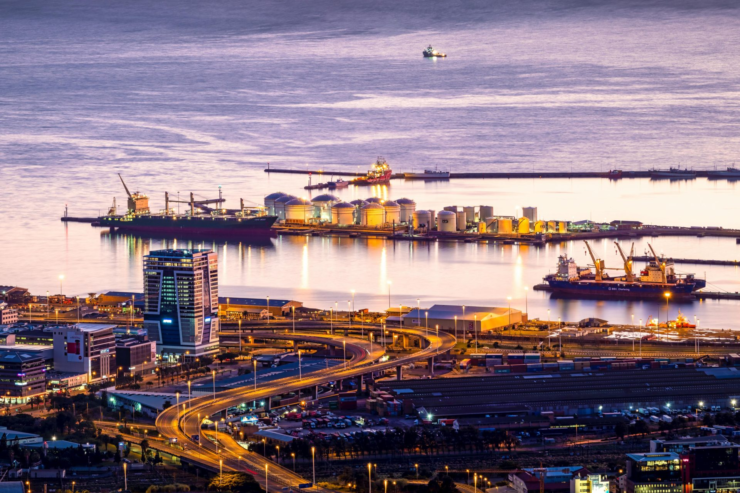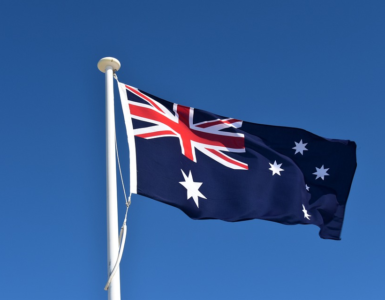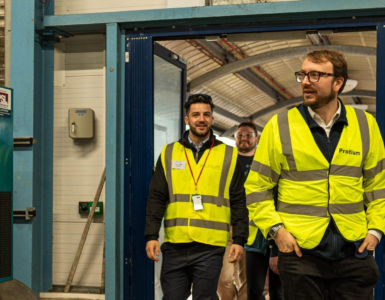Kent part of international partnership to advance green hydrogen production.
Kent, through the Centre for Logistics and Sustainability Analytics (CeLSA), has joined a consortium led by Ikigai Group and Nelson Mandela University that has won a UK Government grant to explore the viability of green hydrogen production and export infrastructure from South Africa’s Eastern Cape region to global markets, including the UK, Europe, and Japan.
The consortium, funded via the South Africa-UK PACT programme, will work with the Industrial Development Corporation (IDC) of South Africa in support of South Africa’s wider development and energy transition plans.
Dr Ramin Raeesi, Reader in Management Science and the Director of CeLSA, joined by Dr Preetam Basu from Kent Business School, will work alongside fellow industry leaders and experts in the energy transition from University College London, DNV, National Gas, and the Thames Estuary Growth Board. The consortium is also supported by key delivery partners, including Hive Energy, the Nedbank Group, the Development Bank of Southern Africa, and Advantage Partners, who will provide fund management services to the Japan Hydrogen Association’s new fund dedicated to hydrogen related investments.
🔥 What about we co-host a webinar? Let's educate, captivate, and convert the hydrogen economy!
Hydrogen Central is the global go-to online magazine for the hydrogen economy, we can help you host impactful webinars that become a global reference on your topic and are an evergreen source of leads. Click here to request more details
Green hydrogen, produced through electrolysis using renewable energy sources, offers a clean and versatile alternative to conventional fossil fuels. The feasibility study will evaluate the potential for establishing green hydrogen production facilities in South Africa’s Eastern Cape region and develop the necessary infrastructure for export, including port facilities and transportation networks. Stakeholder engagement will be integral to the process, to ensure alignment with local communities, government agencies, and industry partners.
The focus of the project on the export of green hydrogen is key not only to maximise the valorisation of abundant renewable energy resources in the Eastern Cape and surrounding provinces, but also to provide a diversification of revenue streams via the sale of green hydrogen and green ammonia to international markets. This is critical to ensuring the profitability and ultimately the delivery of the overall project.
By fostering innovation, job creation, community participation and sustainable development, the project aims to contribute to a greener, more resilient future for South Africa and beyond.
Dr Ramin Raeesi commented:
This is an exciting international project and a great addition to our existing impactful net-zero project portfolio at CeLSA.
“We will contribute to the work package focusing on the business case, and aim to develop a detailed economic model to gain an insight into the potential levelised cost of hydrogen production, storage and transport to the UK from South Africa. We are getting closer than ever to a hydrogen economy, and we should start to look beyond the UK borders using such initiatives to broaden the opportunity for accelerating the development of a viable hydrogen ecosystem.’
Helena Anderson, Co-Founder & COO at Ikigai commented that:
The missing links in hydrogen moving from an inter-regional to an inter-national commodity are import and export ports receiving, converting, and onwards distributing infrastructure and the hydrogen carriers from a HSE and total lifecycle cost perspective.
“This green hydrogen corridor project is looking at all these aspects. It’s focusing on a large-scale green hydrogen project in South Africa, comparing it with ammonia as a counterfactual carrier, and exploring how we can deliver hydrogen to places like Japan, Europe, and the UK. The goal is to show that exporting hydrogen can also boost local demand.’
READ the latest news shaping the hydrogen market at Hydrogen Central
Kent part of international partnership to advance green hydrogen production. source








